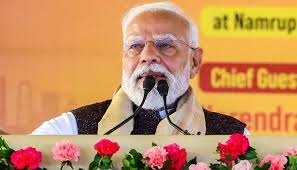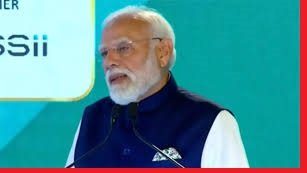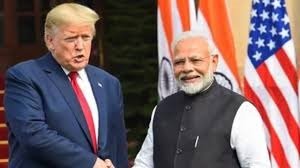MUMBAI: Indian traders and spinning mills should first meet demand from the local textile industry and only then export surplus raw cotton and yarn, Textile Minister Piyush Goyal told industry officials in a meeting.
The minister’s comments came after textile mills in the southern state of Tamil Nadu, a leading exporter of garments, went on a two-day strike earlier this week demanding a ban on exports.
U.S. cotton futures prices jumped to an 11-year high earlier this month, and Indian cotton and yarn prices soon followed.
“The spinning and trading community (should) ensure hassle free supply of cotton and yarn first to the domestic industry and only surplus cotton and yarn should be diverted for exports,” Goyal said.
Exports should not be at the cost of domestic textile industry, the largest employment generator in the country, he said.
India is the world’s largest producer of cotton, with Bangaldesh, Vietnam and China its biggest buyers.
Goyal asked all stakeholders to resolve cotton and yarn price issues through collaboration rather than competition, without pushing the government to intervene as it may have long term impact on the cotton value chain.
The government has decided to form the Cotton Council of India with representatives from textile, finance, agriculture and commerce ministry. The council will hold its first meeting on May 28.
India banned wheat exports on Saturday days after saying it was targeting record shipments this year, as a scorching heat wave curtailed output and domestic prices hit a record high. (Source: Reuters)













